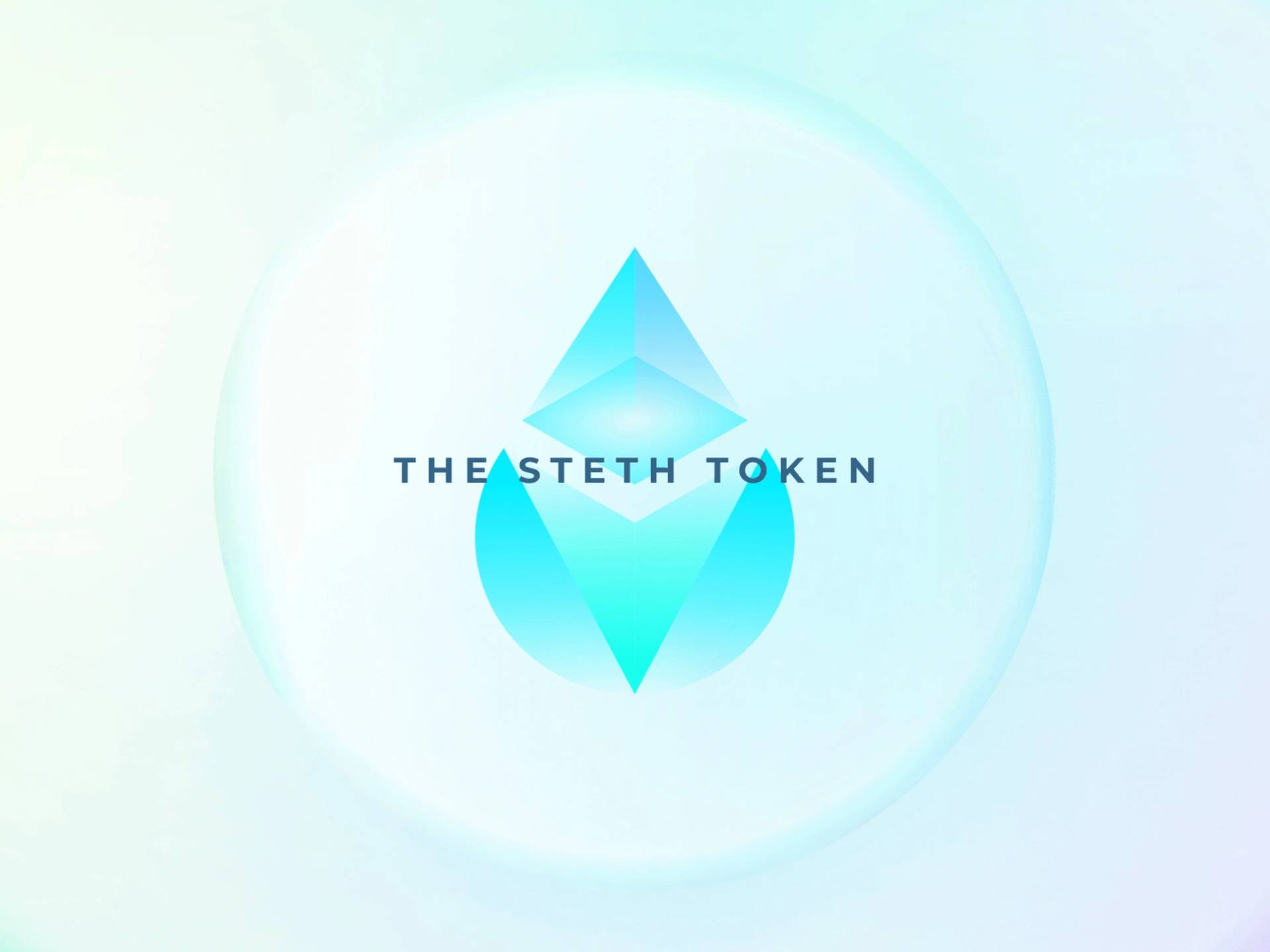위키 구독하기
Share wiki
Bookmark
Lido Staked Ethereum (stETH)
0%
Lido Staked Ethereum (stETH)
**Lido Staked Ethereum (stETH)**는 초기 예치금과 스테이킹 보상의 가치를 결합하여 Lido에 스테이킹된 이더리움을 나타내는 토큰입니다. stETH 토큰은 예치 시 민팅되고 상환 시 소각됩니다. [1]
개요
Lido 플랫폼
Lido는 선도적인 블록체인 스테이킹 제공업체가 지원하는 액체 스테이킹 서비스를 제공하기 위해 이더리움을 사용하는 플랫폼입니다. 스테이킹된 ETH를 액체화하고 모든 양의 ETH로 참여할 수 있도록 합니다.
Lido로 스테이킹하는 사용자는 초기 스테이크에 대해 1:1 비율로 stETH 토큰을 받습니다. stETH 잔액은 ETH처럼 사용하여 보상을 획득하고 대여할 수 있으며 ETH 스테이킹 보상을 반영하도록 매일 업데이트됩니다. Lido로 스테이킹할 때는 잠금이나 최소 예치금이 없습니다. 사용자는 실시간 스테이킹 보상을 받고 스테이킹된 토큰을 사용하여 DeFi 생태계에서 보상을 복리화할 수 있습니다. [3]
stETH
stETH는 지분 증명 합의 메커니즘을 통해 이더리움 병합을 예상하여 2020년에 출시되었습니다. 이는 유동성 토큰으로 기능하여 사용자가 ETH를 Lido 블록체인의 스마트 계약에 예치하고 거래, 교환, 차용 또는 기타 유동성 목적으로 사용할 수 있는 동일한 양의 stETH를 받을 수 있도록 합니다. [2]
Lido의 스테이킹된 Eth를 통해 사용자는 동일한 양의 stETH와 교환하여 모든 양의 ETH를 스테이크로 넣을 수 있습니다. stETH는 획득 위치에 관계없이 스테이킹 보상을 누적합니다. [4]
이더리움 스테이킹을 위한 유동성 레이어로서의 stETH
Lido v3에서 stETH를 민팅하는 방법에는 코어 풀과 stVaults의 두 가지가 있습니다. 이 섹션에서는 이들이 어떻게 연결되고 stETH가 둘 다에서 어떻게 지원되는지 다룹니다. [5]
코어 풀(이전의 Lido v2)은 스테이킹하는 고전적인 방법입니다. ETH를 보내면 1:1 비율로 stETH를 돌려받습니다. 스테이킹하는 ETH는 스테이킹 라우터로 이동하여 노드 운영자 세트에 분산됩니다. 상환은 비동기식 인출 대기열을 통해 작동합니다. 먼저 종료를 요청하고 요청이 처리되면 ETH를 청구할 수 있습니다(역시 1:1 기준).
stVaults는 사용자가 노드 운영자를 선택하고 사용자 정의 가능한 비보관 조건으로 스테이킹할 수 있도록 하여 프로토콜의 기능을 확장하는 동시에 stETH 유동성에 대한 액세스를 유지합니다. 실제로 stVaults는 스테이킹을 사용자가 누구와 어떤 조건으로 스테이킹할지 선택할 수 있는 마켓플레이스로 전환합니다.
각 stVault는 특정 노드 운영자가 운영하며 수수료 구조, 평판 또는 유효성 검사기 기본 설정(예: 비검열)과 같은 자체 규칙이 함께 제공됩니다. 스테이커는 볼트를 선택하고 ETH를 스테이킹하고 언제든지 스테이킹 해제할 수 있습니다. 선택적으로 볼트 포지션에 대해 stETH를 민팅하여 종료하지 않고도 유동성을 확보할 수 있습니다. 이 stETH는 DeFi에서, 헤징을 위해 또는 레버리지를 구축하기 위해 자유롭게 사용할 수 있습니다. stETH가 민팅된 볼트를 종료하려면 빌린 stETH(수수료 포함)를 먼저 상환해야 합니다. [5]
메커니즘
stETH 토큰 잔액은 오라클이 Eth2 예치금의 변경 사항과 Lido를 통해 스테이킹하는 사용자의 ETH 보상의 변경 사항을 보고할 때 매일 변경됩니다. stETH를 보유한 사용자는 보상이 잔액 리베이스를 통해 구현되기 때문에 지갑으로 전송된 트랜잭션을 볼 수 없습니다.
대신 사용자는 수반되는 트랜잭션 없이 stETH 잔액이 자동으로 변경되는 것을 확인합니다. 리베이스는 통합된 DeFi 플랫폼(Curve 및 Yearn)에서만 작동합니다. UniSwap, 1inch 및 SushiSwap에서 유동성으로 stETH를 제공하면 이러한 플랫폼이 리베이스 가능한 토큰용으로 설계되지 않았기 때문에 일일 스테이킹 보상의 일부를 잃을 수 있습니다. Lido를 통해 예치된 ETH는 노드 운영자 간에 분할되어 해당 유효성 검사기로 전송됩니다. [4]
보상률
Lido로 ETH를 스테이킹하는 사용자는 stETH 잔액 리베이스 형태로 매일 보상을 받습니다. 이러한 리베이스는 ETH가 대기열에 예치되었는지 여부에 관계없이 모든 stETH 보유자에게 영향을 미칩니다. [4]
사용 사례
Lido 스테이킹된 이더(stETH)는 스테이킹된 이더(ETH)를 대체하도록 설계되었기 때문에 여러 가지 사용 사례가 있습니다.
대출
대출 플랫폼(예: Aave)을 통해 사용자는 stETH 및 기타 암호화폐를 래핑하여 대출로 사용할 수 있습니다. 대출 가치는 스테이킹된 토큰의 기본 가치를 기반으로 하는 래핑된 토큰에 의해 결정됩니다.
유동성 풀
사용자는 유동성 풀에서 stETH를 ETH와 풀링하여 원하는 경우 stETH를 ETH로 교환할 수 있습니다. 이를 풀 스왑이라고 하며 기본적으로 사용자의 ETH를 스테이킹 해제합니다.
수익률 파밍
ETH 또는 stETH를 스테이킹하면 사용자에게 수익률을 얻을 수 있는 기회를 제공할 수 있습니다. Harvest와 같은 플랫폼은 토큰 보유자에게 stETH를 예치하고 수익률을 두 배로 늘릴 수 있는 기회를 제공합니다. [2]
잘못된 내용이 있나요?
